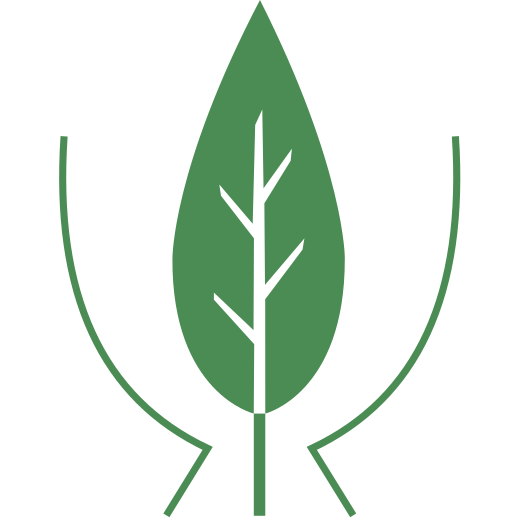MPAN can also be inherited in an autosomal dominant manner
The NBIA research group led by Dr. Susan Hayflick at Oregon Health & Science University in Portland (OR, USA) has discovered that mitochondrial membrane protein-associated neurodegeneration (MPAN) can also be inherited in an autosomal dominant manner. MPAN is one of the four most common NBIA variants and is caused by mutations in the C19orf12 gene. It was previously assumed that the disease is inherited exclusively in an autosomal recessive manner. This means that 2 mutations must be present to cause the disease, one from the father and one from the mother. In a new publication, however, Hayflick and her team show that there are also a number of MPAN patients in whom one mutation alone can trigger the disease with the symptoms typical of MPAN. They were also able to identify a few mutations that are not inherited but are new to the patients, so-called de novo mutations.
Effects on diagnostics and genetic counseling
These research findings have implications for the diagnosis and genetic counseling of MPAN patients and their families. If a single MPAN mutation is detected in a patient with clinical MPAN symptoms, the treating physician must consider autosomal dominant MPAN in the differential diagnosis. According to the authors of the article, the respective genotype can often provide information as to whether a single mutation is sufficient to trigger the disease. As MPAN can also occur in adulthood, the latest findings are of considerable importance for those affected by dominant MPAN. Their children have an increased risk of also developing the disease.
Bibliographic information on the article:
Gregory A, Lotia M, Jeong SY, Fox R, Zhen D, Sanford L, Hamada J,
Jahic A, Beetz C, Freed A, Kurian MA, Cullup T, van der Weijden MCM, Nguyen V, Setthavongsack N, Garcia D, Krajbich V, Pham T, Woltjer R, George BP, Minks KQ, Paciorkowski AR, Hogarth P, Jankovic J, Hayflick SJ. Autosomal dominant mitochondrial membrane protein-associated neurodegeneration (MPAN). Mol Genet Genomic Med. 2019 May 13;:e736.
Here is the link to the Pubmed abstract:
https://www.ncbi.nlm.nih.gov/entrez/query.fcgi?cmd=Retrieve&dopt=Abstract&db=PubMed&list_uids=31087512
Here is the link to the full article:
https://onlinelibrary.wiley.com/doi/full/10.1002/mgg3.736
